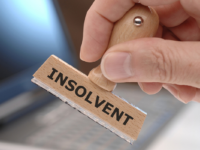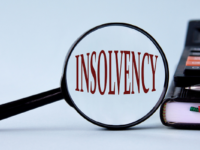Financial pressures could be leading SMEs to face hard decisions about whether to pay suppliers or themselves. That’s the conclusion of a recent insolvency solutions roundtable hosted by Jirsch Sutherland.
While there is not yet a significant increase in defaults there is concern about the increased cost of living and shrinking cash reserves.
Andrew Spring, partner of Jirsch Sutherland, said business performance directly affects most SMEs’ income.
“When times are good their personal income increases, however, when times are tough, they’re often the first to tighten their belts.
“But at what point can you no longer tighten your belt without hurting those you love? The business owner could literally be forced to make a decision between their family and their creditors.
“It’s not surprising that most SME owners have a strong emotional attachment to their business, which literally feeds their family, but if there’s not enough money each month to pay themselves after paying staff, suppliers, rent and bills, that’s a major issue and they need to speak to their accountant and/or an insolvency solutions specialist.”
SMES need to seek help early to avoid insolvency
Pressure points include supply chain issues, cost of living, higher interest rates, unprecedented weather events.
Although the Corporations Law provides guidance on the duties of directors there is not a one-size-fits all solution.
“The issue is that directors are often employees and therefore they’re also creditors, because of the services they provide. Directors are also faced with destroying the business value entirely if they’re forced to close the doors. But to preserve value they must also be able to support their family.”
Spring urges directors to seek help at the first sign of distress to work out a viable solution and help miminise the damage to all the business’s stakeholders.
“As a business, you need to put your liabilities first. And if you don’t pass the ‘solvency test’, it’s vital to seek professional help immediately. Complex problems require specialised and unique solutions. Financial distress is time sensitive and solutions are often focused on loss minimisation.”

















